How the last five Hibernian bosses with Celtic links fared
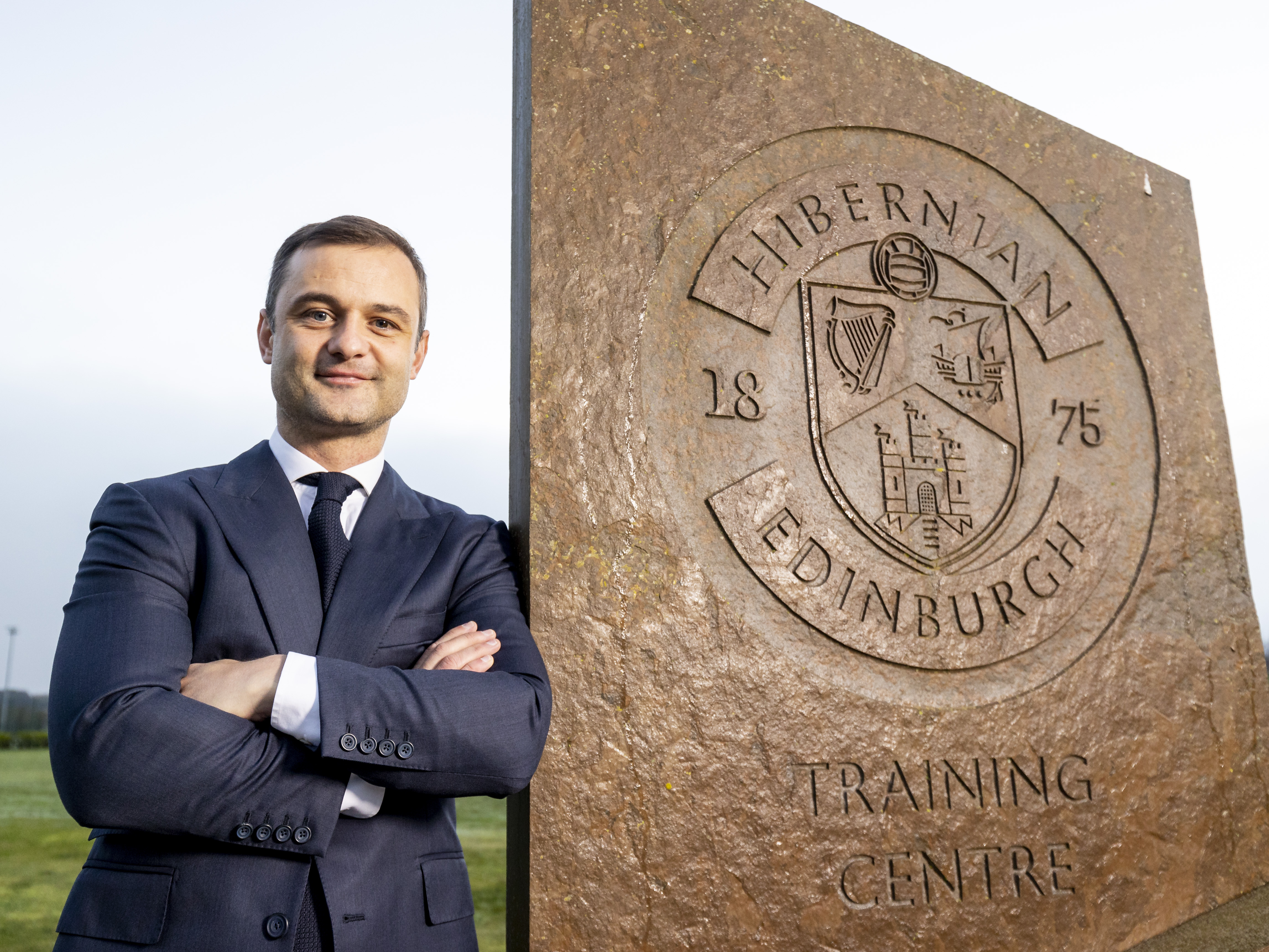
The best features, fun and footballing quizzes, straight to your inbox every week.
You are now subscribed
Your newsletter sign-up was successful
Want to add more newsletters?

Five times a week
FourFourTwo Daily
Fantastic football content straight to your inbox! From the latest transfer news, quizzes, videos, features and interviews with the biggest names in the game, plus lots more.

Once a week
...And it’s LIVE!
Sign up to our FREE live football newsletter, tracking all of the biggest games available to watch on the device of your choice. Never miss a kick-off!
Join the club
Get full access to premium articles, exclusive features and a growing list of member rewards.
The appointment of Shaun Maloney as Jack Ross’ successor on Monday means six of Hibernian’s last 12 managers have been former Celtic players.
To place this in context, only three of the last 12 had previously played for Hibs.
Here, the PA news agency takes a look at how each of the last five Easter Road bosses with Hoops links have fared.
Neil Lennon
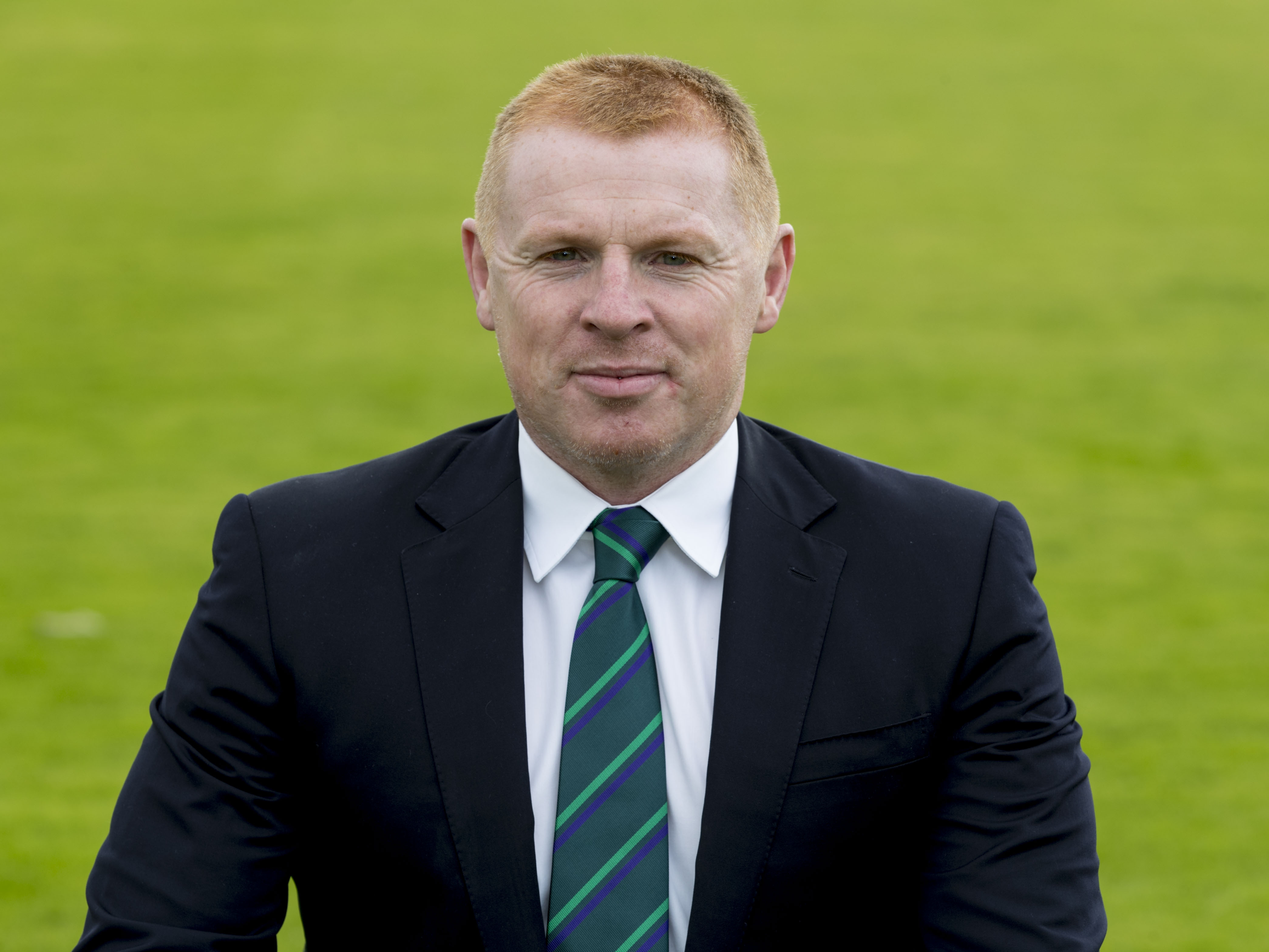
A successful former Celtic captain – and team-mate of Maloney’s – who also had four fruitful years as manager at Parkhead before moving to Bolton, Lennon took over from Alan Stubbs at Hibs immediately after the 2016 Scottish Cup triumph.
He led the Easter Road side to the Championship title and a Scottish Cup semi-final in his first season, then oversaw a fourth-place finish and a record points haul in the team’s exhilarating first campaign back in the top flight following a three-year absence.
Lennon lost his way in his third season and eventually left in January 2019 following a row with striker Florian Kamberi with the team toiling in the bottom six.
Alan Stubbs
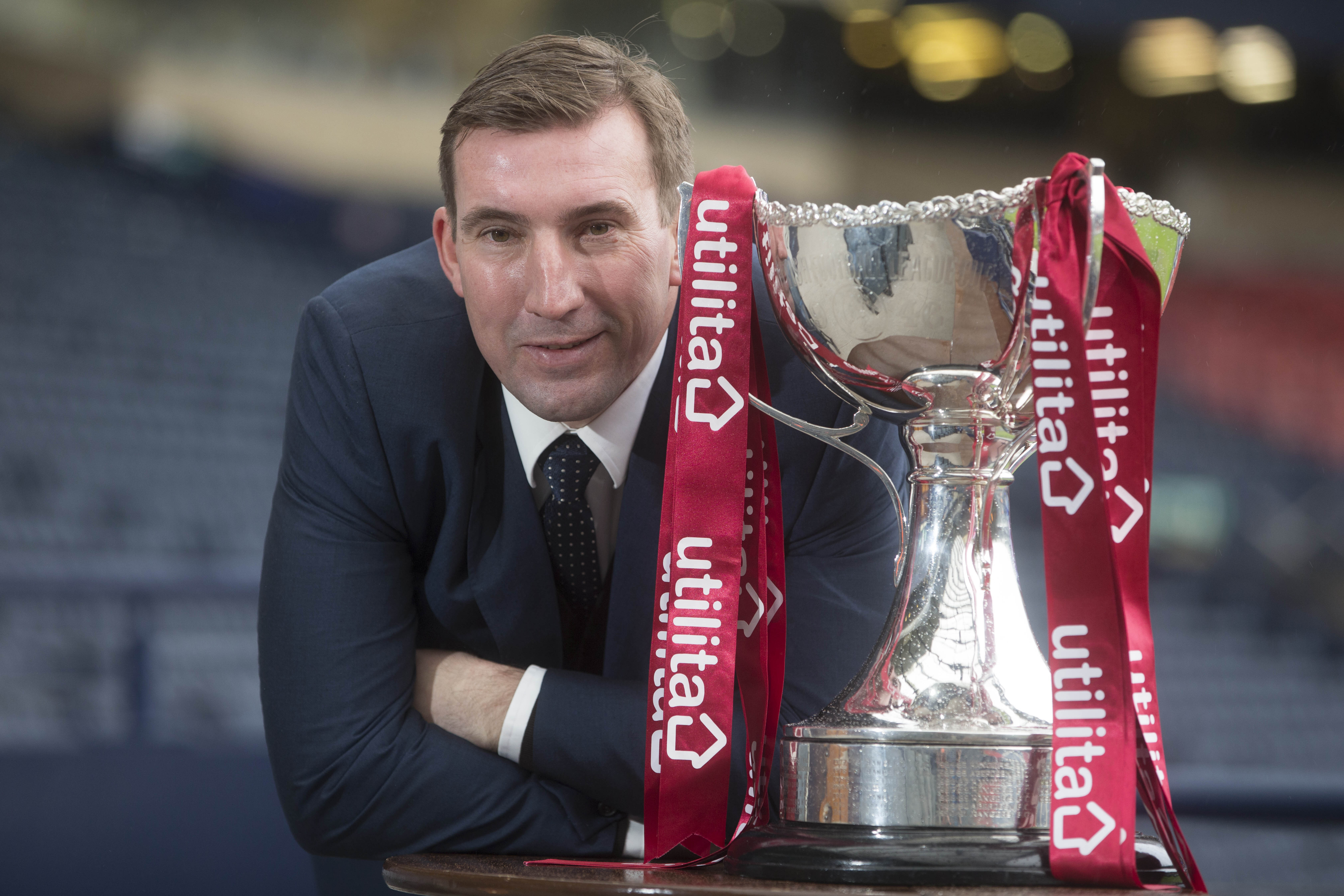
The former Celtic centre-back was appointed head coach at Easter Road in 2014 following the team’s relegation to the Championship under Terry Butcher.
The best features, fun and footballing quizzes, straight to your inbox every week.
Like Maloney, it was Stubbs’ first senior management job and he helped bring some life back to the club by building an impressive new team who played eye-catching football, finished second in the Championship – behind Hearts and ahead of Rangers – and reached the Scottish Cup semi-finals.
In his second and final season at the club, Stubbs reached the League Cup final, finished third in the Championship and missed out on promotion via the play-offs but finished his largely-progressive reign with Scottish Cup glory against Rangers before leaving for Rotherham.
John Hughes
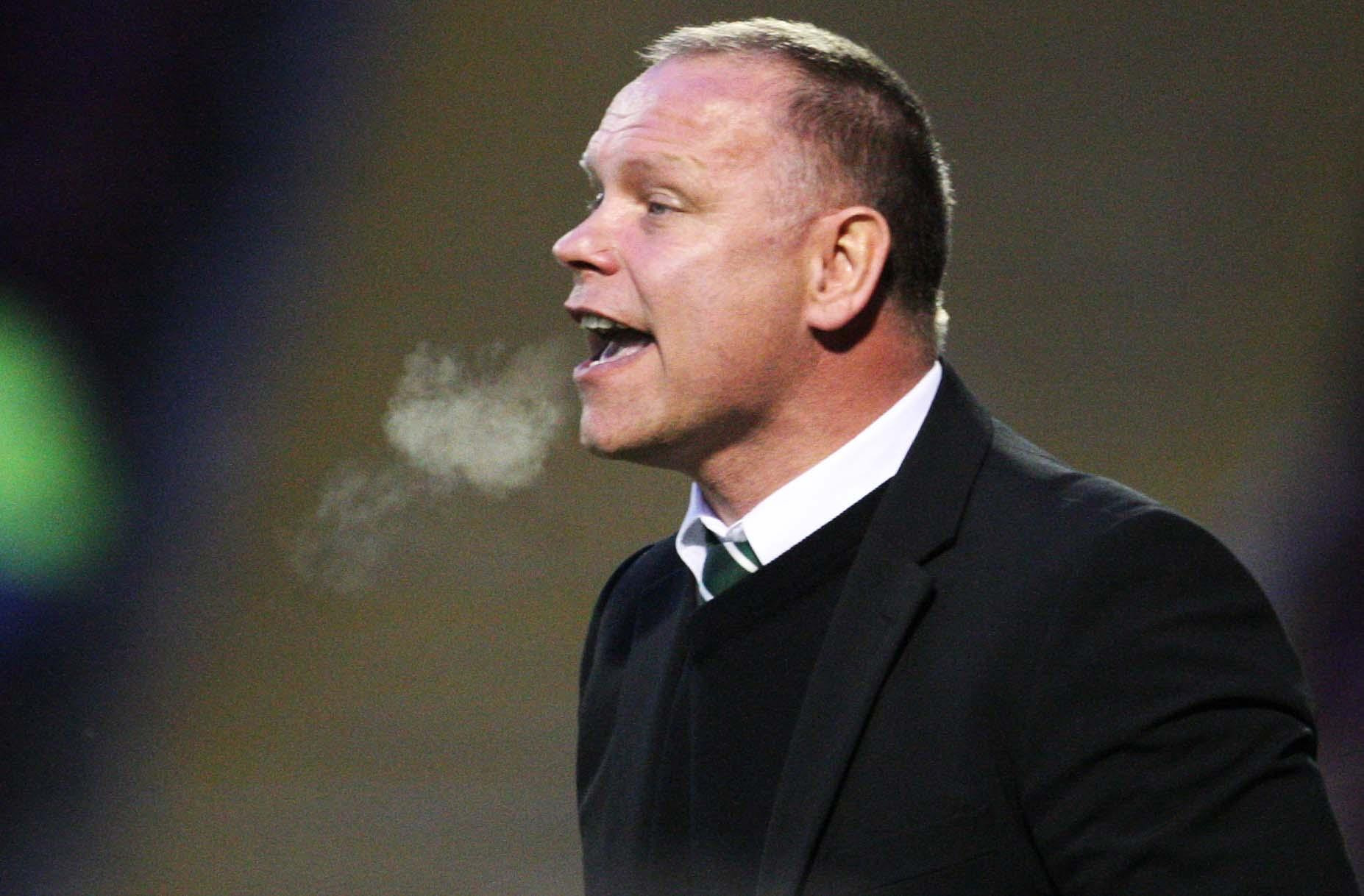
Leith-born centre-half Hughes spent the 1995/96 season at Celtic before moving to boyhood club Hibs where he had four years as a player between 1996 and 2000.
He returned to Easter Road to replace Mixu Paatelainen as manager in 2009. Had the team riding high at the top of the league in the first half of the 2009/10 season before hanging on for a fourth-place finish as the form tailed off from February onwards.
Hughes was sacked in October 2010 after a poor start to his second season.
John Collins
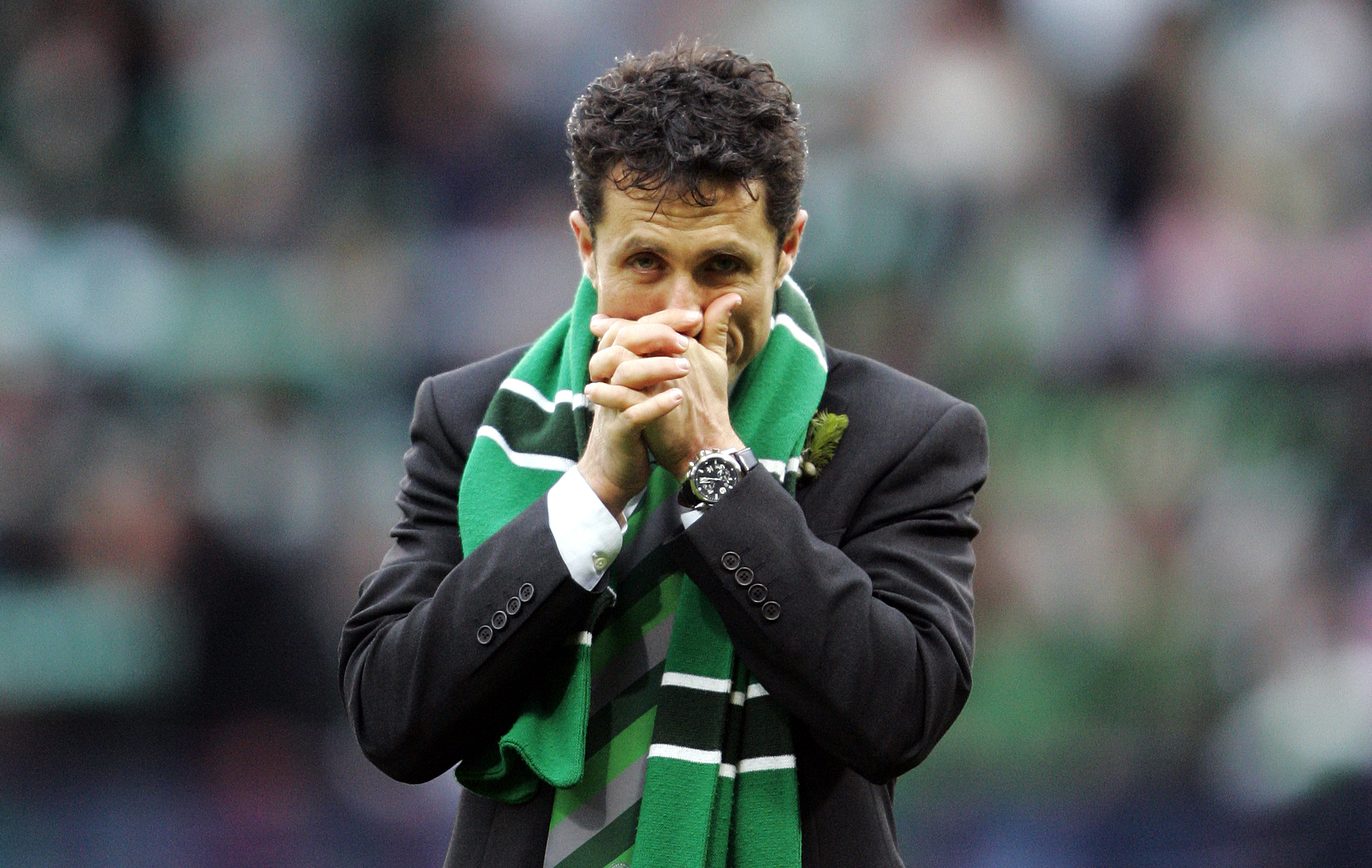
Like Hughes, Collins played for both Hibs and Celtic. He had five years at Easter Road between 1985 and 1990 before moving along the M8 to enjoy six years at Parkhead.
Aged 38 – the same as Maloney is now – Collins was given his first job in management at Easter Road when he was hired as replacement for Tony Mowbray in October 2006.
Collins Won the League Cup just a matter of months into his reign in March 2007 but a Scottish Cup semi-final loss to Dunfermline and a revolt by senior players against his training methods tarnished his reign.
He lost some key players who were not adequately replaced and resigned in December 2007 with the team fifth in the league.
Tony Mowbray
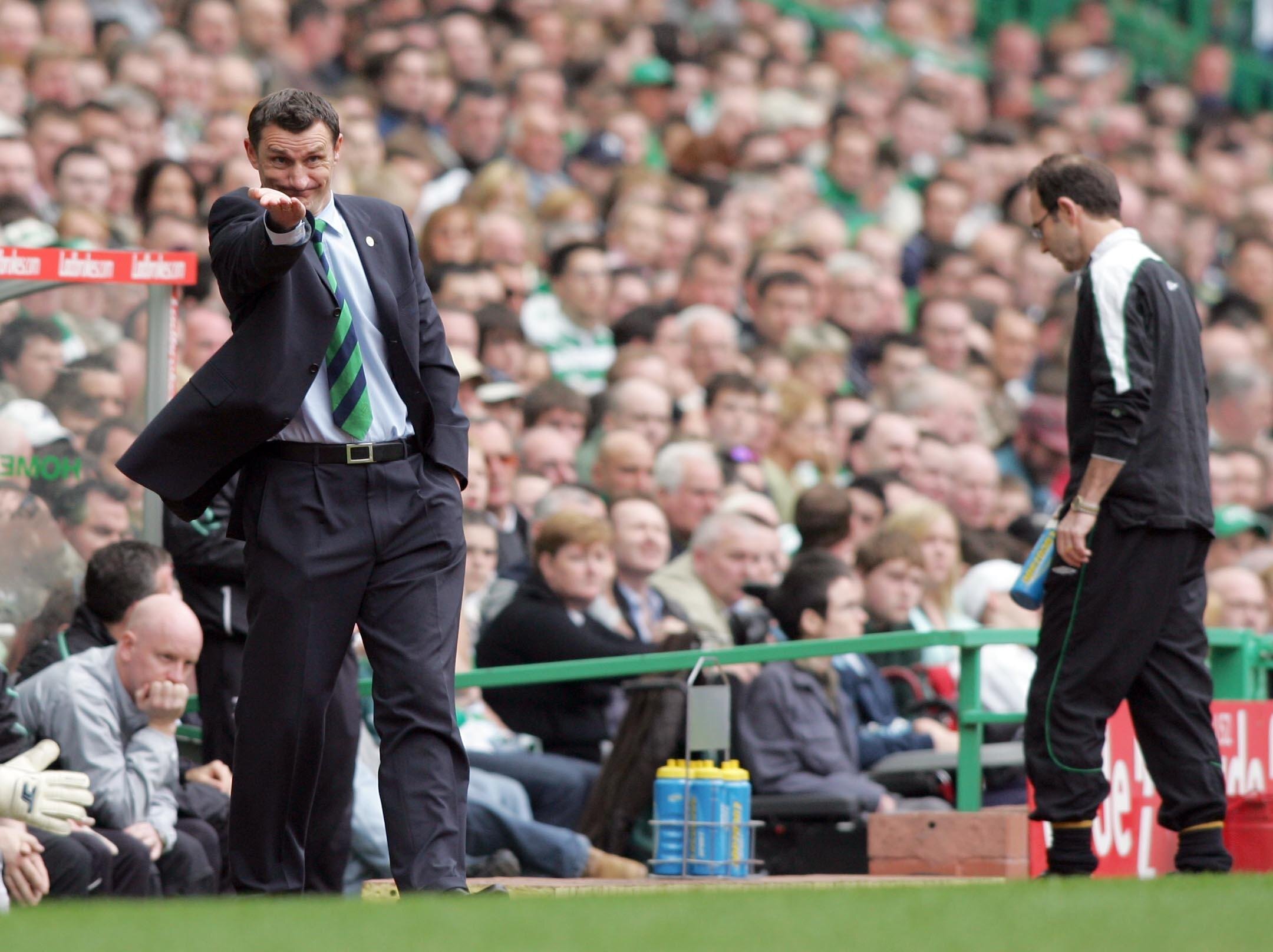
Another former Celtic centre-back, Mowbray was given his first manager’s job at Hibs in 2004 when he succeeded Bobby Williamson.
He illuminated Easter Road by overseeing some scintillating football with an array of exciting young homegrown players.
Mowbray led Hibs to third place – a feat they would not achieve for another 16 years – in his first season and then fourth in his second term.
He suffered damaging Scottish Cup semi-final defeats to Dundee United and Hearts before he was headhunted by West Brom in October 2006 and left as one of Hibs’ most fondly-regarded managers of the modern era.
 Join The Club
Join The Club










